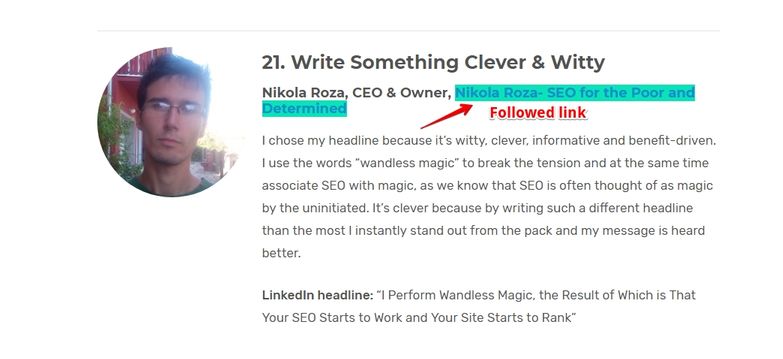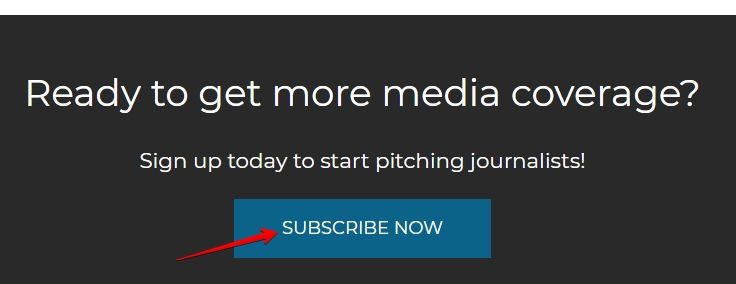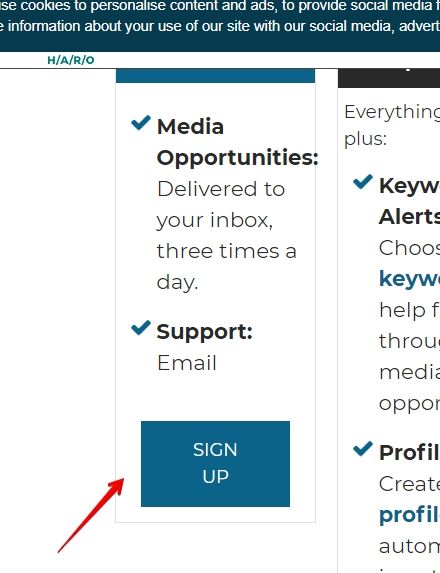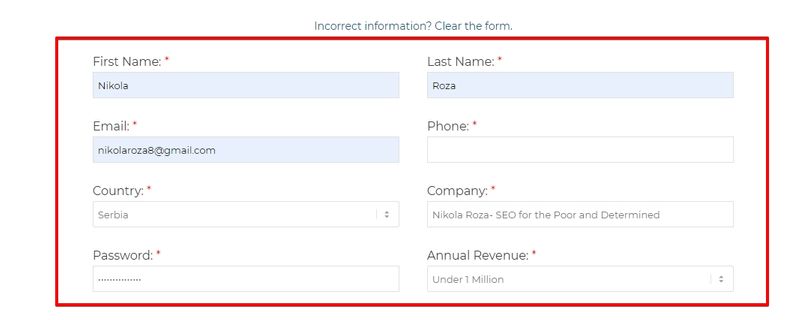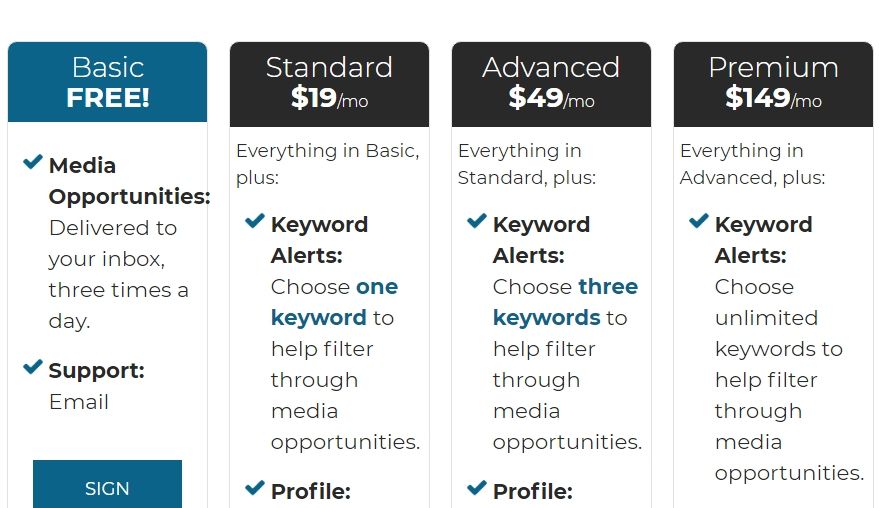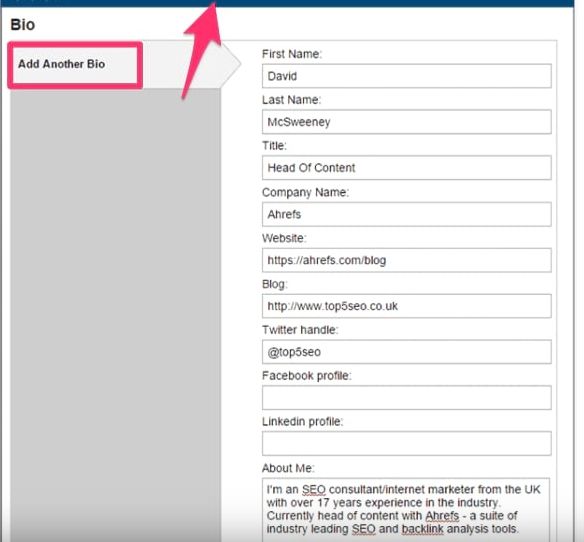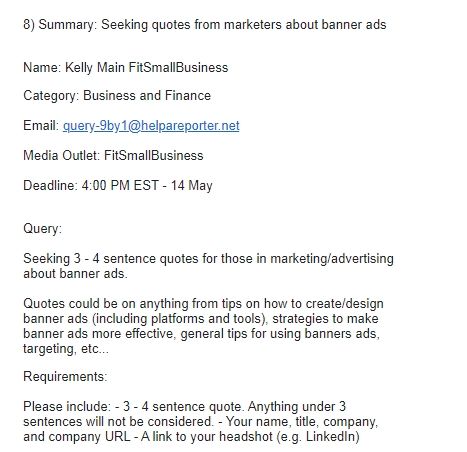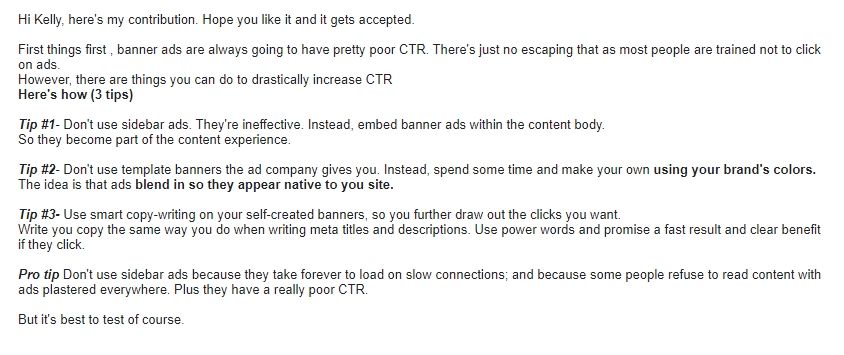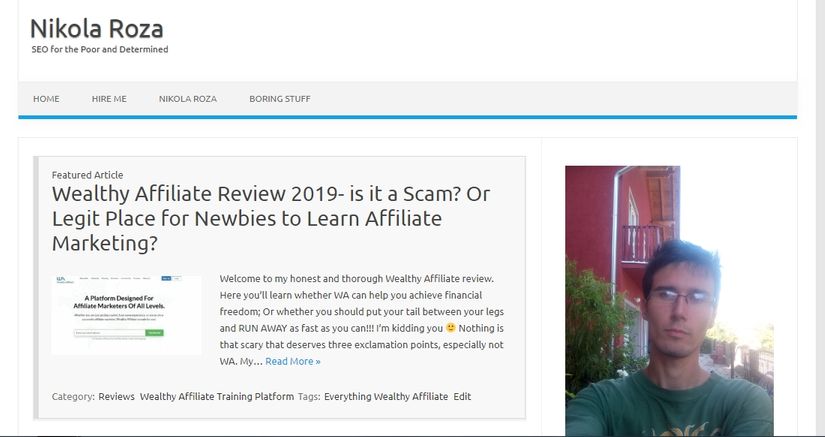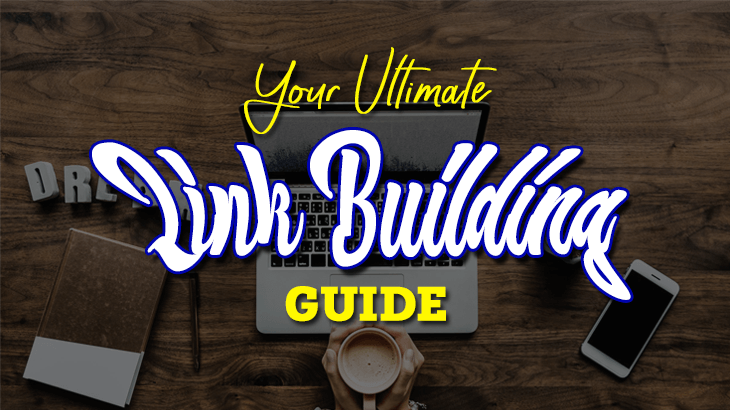What is HARO and Why You Must Use It?
HARO (Help a Reporter Out) is a service that connects journalists looking for quotes with people who can give them the quotes they need.
And if you're a struggling, new site fighting against the SERP giants, with their roots firmly implanted in the ground- you need to be creative. In other words- you need to be using HARO to get you some awesome authority links.
Because, besides content (hint: Wealthy Affiliate can teach you how to create awesome content- click here for more: nikolaroza.com)- you also need links to rank.
And in this article I want to show you how I scored an awesome link from Fit Small Business, (one of the strongest sites online) and how you can do the same, or better.
Let’s go!
Note:
Before we start with the article proper, here's the link I was telling you about. It's on Fit Small Business, a site completely relevant to mine, and a very powerful domain.
In fact, I distinctly remember that right after I got that link, overnight I started ranking for 50+ keywords in the first 100 results of Google, (as per Ahrefs).Now on with the article!
The sign up process is a cinch, you can do it in 5m or less.
And here's how exactly:
Step #1- Go here:
Step #2- Click "I'm a source" button.
Step #3- Scroll a bit and click on a "subscribe now" button
Step #4- Sign up for Basic, free version of HARO (note: below I give a breakdown what's included in paid HARO accounts)
Step #5- Fill in the details and click "sign up"
That is it! Simple, isn't it?
Every work day (Monday through Friday) you'll get three emails in your inbox.
They’ll arrive on:
- 5:35 a.m.,
- 12:35 p.m.
- and 5:35 p.m. ET
Now, since you'll be having a free account, you can't opt for only getting emails about certain keywords (that's a paid feature); but you can get emails based on your site’s niche.
For example I get emails on Business section, and of course Master HARO, which is everything else.
Should You Go With Pro HARO, instead of Free Account?
That is your decision to make.
However, if you're a beginner and don't have a lot of money, I advise against it.
Heck, I still have a free account but I already got 10+ links, and with very sporadic use of HARO. Your paid profile will not help you get links- but your helpful and thorough answers will.
However, there's definite value in paid accounts for sure, and I myself am thinking of upgrading soon.
Here's the breakdown of three types of paid HARO accounts.
a) Standard ($19 per month)
The Standard plan comes with everything included in the basic plan.
However, you also get keyword alerts. This is great because you will get alerted of request that are highly relevant to you (based on the keyword you chose).
For example, I might choose "SEO" and that means that I would get alerts whenever there's a quote request with a word "SEO" in it.
It's a time saver for sure, because I don't have to plow through endless irrelevant emails.
Note: With a standard plan you can also create a profile with your bio, that you can then automatically insert into your pitches.
For example, here's how
David McSweeny of Ahrefs has his.
And you can also respond to HARO pitches directly from HARO interface, which is neat.
b) Advanced ($49 per month)
Advanced HARO has everything Standard plan has, but you can choose 3 keywords to get alerts for, and you can also set up 3 profiles to inset into your pitches.
I like the Advanced plan because it also gives you a head start against your competition. Namely, when you sign up they will send you an SMS alert before they send the standard emails (however- this only works if you live in the USA).
This gives you a few extra hours to craft the best pitch and be one of the first to respond.
And it pays to be the first!
c) Premium ($149 per month)
Premiums gives everything Pro does, plus you can set up unlimited profiles and keyword alerts. This plans is the best- but also mighty expensive.
HARO Etiquette: The DOs & DON'Ts
(How to send pitches that get accepted)
Not all pitches are created equal; and most are just horrible dribble.
Here are some tips to make yours stand out.
#1- Follow the Guidelines Closely
Each journalist is going to tell you what to write about, and HOW to write about it.
For example they might want you to list 10 things about X. So, send them a list of 10 items, NOT a paragraph.
Or they might need a paragraph response on Y. So send them a paragraph and NOT a list.
Get it?
You have to follow the rules closely, or you will not get featured, simple as that.
Here's a pitch I responded to a few days ago.
The post has not been published yet, but I followed the instructions and we'll see if my contribution gets accepted.
#2- Be concise
Short and sweet works best for most pitches.
That’s because most of these quote requests ask specific questions and to a large group of people . So you have to be concise or you will miss your chance simply because your answer was too thorough.
PRO TIP!
if it's really impossible to be brief with what they ask you, then go all out.
If the journalist likes your reply, they will extract a quote or two and make it a part of their content piece.
In fact, my initial pitch to Fit Small Business link was 300 words through, but Anna Dizon, (the author) extracted 70 words or so that she liked.
But I still got my link, which is what I like:)
#3- Have a bio
Write a bio with some basic data and links about you. Then save it and just use it over and over.
Here's How NOT To Approach HARO?
HARO have some tight rules about user behaviour that you better follow to a tee. Or risk being permanently banned.
Here are the things they frown upon.
a) DO NOT spam journalists with pitches unrelated to their request.
For example, let's say you have a site about coffee and they require your input on best ways to keep your pet dog healthy.
Well you're certainly not going to send them "reasons why coffee is bad for your dog" It's not asked for and it is a clear violation. It's spam.
b) DO NOT try to figure out who the journalists are (they often hide their names).
Even if they don't conceal their name, it's a violation to contact them outside HARO. If you do, and they report you’ll be banned from HARO.
c) DO NOT attach files to email
It's forbidden.
Instead, use DropBox or Google Drive to host files they need.
d) DO NOT be overly self promotional
What I mean is, let's say you give a good reply and at the end you write,
"Hey name,
I'm also an expert on X, Y, Z, if you need some input about these, I'll always be there to help.
Cheers!"
While you think you're being courteous, you're actually breaking the HARO rules.
So just don't do it.
Be professional.
PRO Trips To Maximize Your Chances
a) Have a decent looking site
I don't mean custom-designed, or even with a paid theme.
No, that's not necessary.
But you do need to have a site that:
- is clean (looks elegant and has lots of white space)
- has content front and center
- is fast
- is responsive on all devices
Hey, that's mine I just described:)
Take a look:
b) Have some content
You definitely don't have to have hundreds of articles written, but you do need to have a good sample of ten or so; so the journalist can see when they visit your site that you're a serious blogger, and someone qualified to give advice on X.
Because they don’t link to thin spammy, low quality sites
For example, I only have 9 articles on my site, but that hasn't prevented me from grabbing 10+ links from HARO already.
It has helped me a lot.
3. Make “soft” connections with journalists
Soft meaning your not going to send them emails outside HARO, because that is strictly forbidden. But you are going to follow reporters on Twitter. Most of them have very active accounts, and by:
You will eventually get on their radar.
So next time they have to choose someone for their article, they won't- they'll simply pick you.
Because they "know" you already.
It makes their life so much easier.
The true power of HARO lies not in getting tonnes and tonnes of links; no, it's biggest benefit is getting links your competitors would be hard pressed to replicate.
So, each link you score helps you build an authority moat around your site and brand. And sooner or later, your competition will wake up to see that you've advanced so far that they can only trace you footsteps in the SERP sand, and those too are disappearing oh so fast.
And you? Oh, you'll be blogging from some sandy beach somewhere:)
But enough with reading this article. Now you know so… Get to work and get it done!
But first- leave me a comment below.
Thank you 🙂




